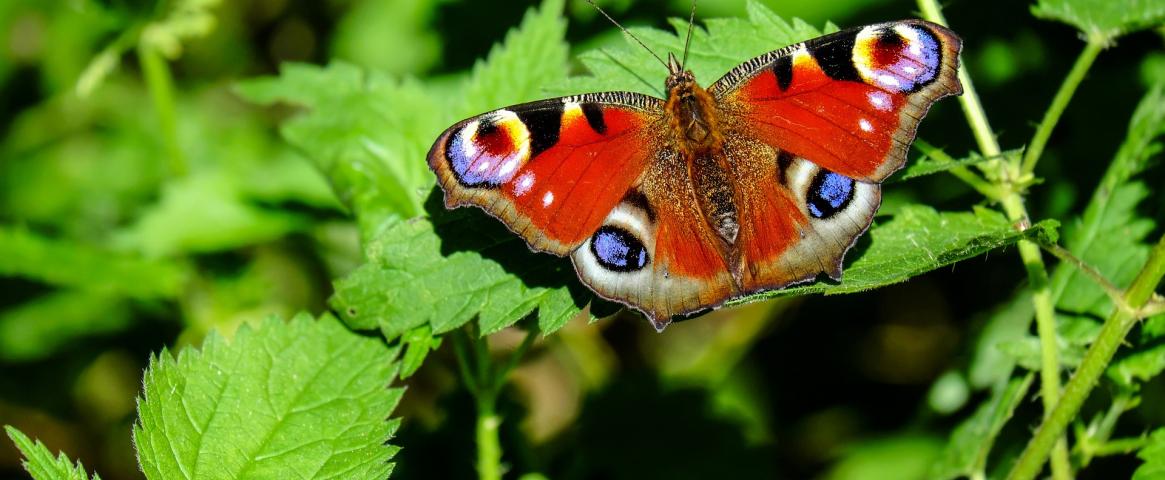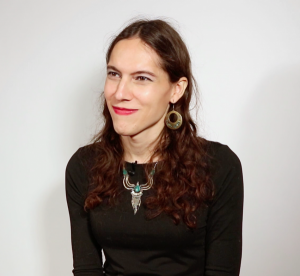Q: Tell us a little about yourself.
A: I work for a writing agency, Talk Science to Me Communications Inc, as their lead science writer, and have for the past two years. It feels early in my career, despite the word “lead,” and I look forward to growing into a more and more skilled version of myself over time. My specialty is biology. Lately, that means molecular biology, but my training was in animal physiology and my deepest professional love is animal diversity.
Q: How did you get interested in science writing?
A: Biology was the first area of study that truly caught my attention, and writing is an activity I have loved since I was a child. Writing was a way that I could explore, develop, and understand ideas and share them with other people, so it became a skill that I cultivated throughout my life. One of the foremost lessons of my Ph.D. was that a life as a career academic was not for me, and the combination of my training as a scientist and my training as a writer made science writing an obvious fit. So far, I have no regrets.
Q: What are you working on at the moment?
A: On any given day, I have blog-writing, social media management, and other tasks on the go in various combinations. Most of my workdays are devoted to producing informed and informative social media copy for scientific clients, who need a writer who can extract the most noteworthy bits of a blog post, product launch, or similar page and make them enticing. The blog posts I write are about recent advances in various fields of biology or innovative programs that use those advances. My most interesting and engaging assignments are when I write tech notes, white paper sections, and other more detailed treatments of an involved scientific topic, such as vitamin D metabolism or the various proteins that viruses use to enter cells.
Q: What is your favorite social media account that you follow?
A: I find that absurdism provides an excellent distraction from the troubles of this world, so social media accounts like Obvious Plant and Chuck Tingle come to mind. For educational accounts, my favorite by far is SciBugs, whose showrunners present various exotic arthropods as the harmless, delightful creatures they are.
Q: If you could write about any scientific event, breakthrough, or topic, what would it be and why?
A: My dream assignments will always be connecting concepts across disparate fields via analogy, shared language, or metaphor, often with humor and absurdity to make the message stick. The topic is less important than whether I can approach the topic this way. For subject matter, reproductive biology among various organisms and innovations in classification schemes are recurring interests that I would love to write about at greater length, especially the recent big changes to how arthropods are classified and the truly alien reproductive pathways of plants and fungi.
Q: Why did you join NASW and what kinds of professional connections or opportunities are you seeking?
A: Truth be told, I don’t know yet. I am enjoying this year’s event and the opportunities it has provided me for learning about my craft and about recent advances in science. I look forward to finding out what NASW can do for me now that I’m a member.


